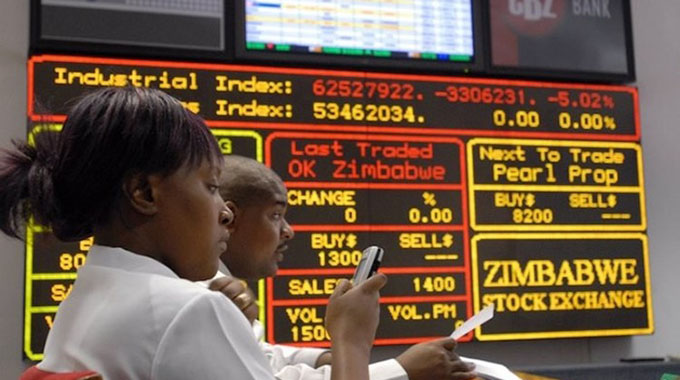TSL to inject $250 000 into Avis

Kudakwashe Mhundwa Business Reporter
Zimbabwe Stock Exchange listed industrial holdings group TSL, plans to inject $250 000 into its Avis vehicle rental business as the concern moves to position its self ahead of the country`s growing foreign arrivals.
The development comes at a time when several companies are tapping into the lucrative transport service industry following a tourism boom.
“Avis serves a growing market of foreign tourists and business travellers and the strategy is to increase and upgrade the vehicle fleet to meet the needs of this segment.
“As such, we are going to increase our fleet by 20 percent and we have invested an excess of $250 000 towards this project.
“The project is ongoing and the vehicles have already been ordered and we are currently awaiting delivery,” TSL chief executive officer Patrick Devenish said in a telephone interview.
Transport industry is one of the lucrative businesses in Zimbabwe. Last year telecoms giant Econet Zimbabwe diversified into the sector through the launch of Vaya, which has received a lot of positive feedback from the market.
Government has also been making strides towards boosting the country’s motor industry by introducing the Zimbabwe Motor Industry Development Policy (ZMIDP), which aims at addressing subdued capacity utilisation in the sector which stands at 10 percent to 100 percent by 2030.
The ZMIDP is expected to boost investor confidence, thereby attracting both domestic and foreign investments.
Government has acknowledged that the country’s transport systems lagged behind peers in the region and an enabling policy in the form of the ZMIDP would go a long way in guiding the growth and development of the sector.
Vehicle imports, particularly second-hand, have been gobbling an average of $500 million per annum between 2009 and 2014, prejudicing the country of the much-needed foreign currency.
Although capacity utilisation at local vehicle assemblers has been declining from 20 000 units in 1997 to about 6 000 in 2009, vehicle imports are believed to have worsened the situation.
However, statistics from the Zimbabwe Revenue Authority show that second hand car imports have dropped by more than 80 percent since the introduction of duty on luxury vehicles in foreign currency in December last year.
Commercial vehicles are exempt from paying duty in forex in support of productive sectors.









Comments